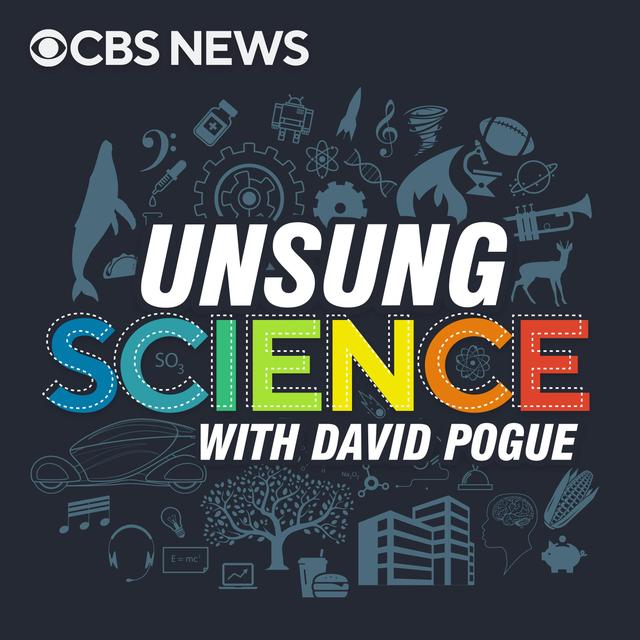
Leap Seconds, Smear Seconds, and the Slowing of the Earth
Dec 17, 2021•42 min•Season 1Ep. 9
Episode description
The earth’s spinning is slowing down. Any clocks pegged to the earth’s rotation are therefore drifting out of alignment with our far more precise atomic clocks—only by a thousandth of a second every 50 years, but that’s still a problem for the computers that run the internet, cellphones, and financial systems.
In 1972, scientists began re-aligning atomic clocks with earth-rotation time by inserting a leap second every December 31, or as needed. It seemed like a good idea at the time—until computers started crashing at Google, Reddit, and major airlines. Google engineers proposed, instead, a leap smear: fractionally lengthening every second on December 31, so that that day contains the same total number of seconds. But really: If computer time drifts so infinitesimally from earth-rotation time, does anybody really care what time it is?
Guests: Theo Gray, scientist and author. Geoff Chester, public affairs officer for the for the Naval Observatory. Peter Hochschild, principal engineer, Google.
Learn more about your ad choices. Visit megaphone.fm/adchoices
For the best experience, listen in Metacast app for iOS or Android
Open in Metacast